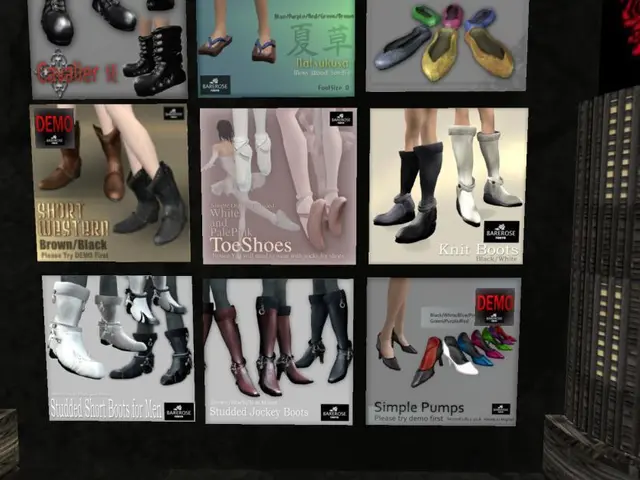Lower Saxony's Hospitality Sector Struggles to Fill Jobs With Foreign Workers
The hospitality sector in Lower Saxony, particularly along the North Sea coast and in popular tourist destinations like the Harz, heavily relies on foreign workers. Over 36% of employees in the coastal hospitality sector come from abroad, with the share being higher than in other sectors. However, recruiting and integrating these workers comes with numerous challenges.
Businesses in the Harz seek both seasonal workers and skilled professionals like chefs. The process, however, is fraught with legal and bureaucratic hurdles. Non-EU workers need a work contract, language skills, and recognition of their professional qualifications. Visa issuance can also be lengthy, sometimes delaying business openings.
The tourism sector faces additional challenges. Language barriers, cultural integration issues, and lack of support structures complicate the process. Many foreign workers in the Harz do not stay long-term, drawn instead to big cities. Few locals seem interested in settling in the Harz for work. Recruitment depends on factors such as the presence of origin country communities and the strength of the tourist season.
Despite these challenges, foreign workers remain indispensable to the hospitality industry in the Harz, which attracts thousands of vacationers and hikers every year. Stakeholders must work together to address these issues and ensure a steady supply of skilled workers to support the sector's growth.
Read also:
- Young individual at Yellowstone National Park sustains severe burn injuries following a sudden collapse into a boiling hot thermal basin
- Rising hospitalizations due to severe food allergies, according to research findings.
- Important Immunizations for Newborns in Nigeria
- Following a heart attack, a person may be prescribed various medications to manage risks, improve heart function, and prevent further cardiac events. These could include:








